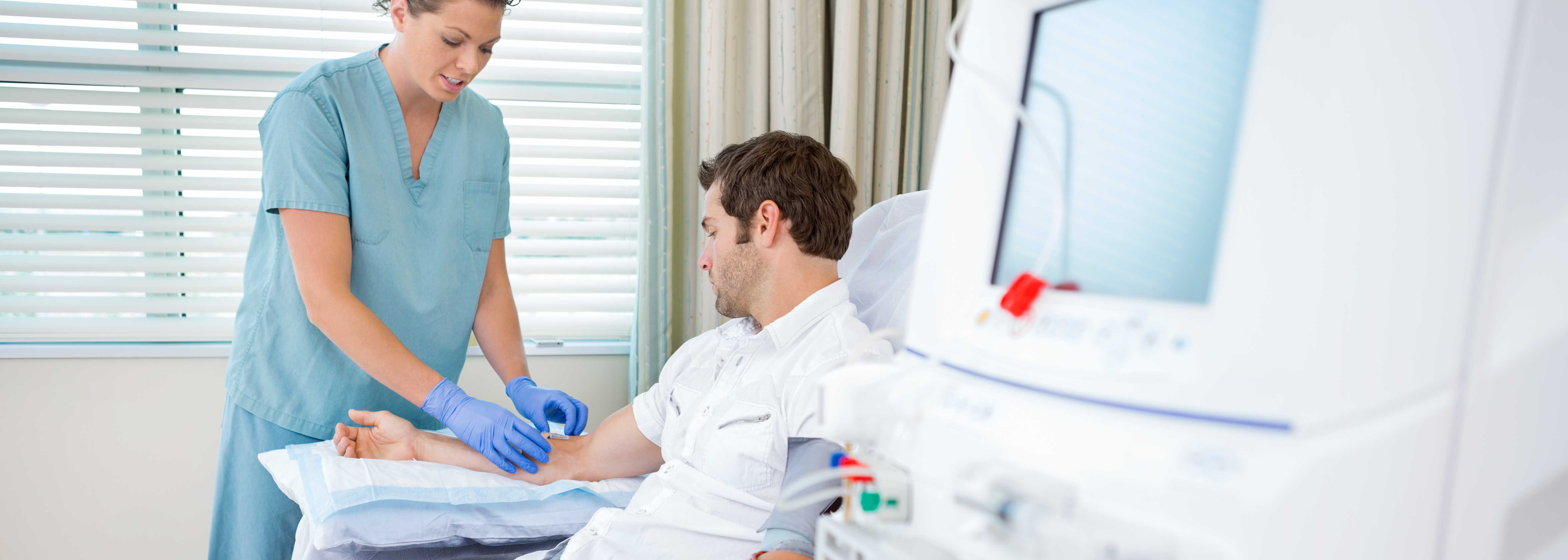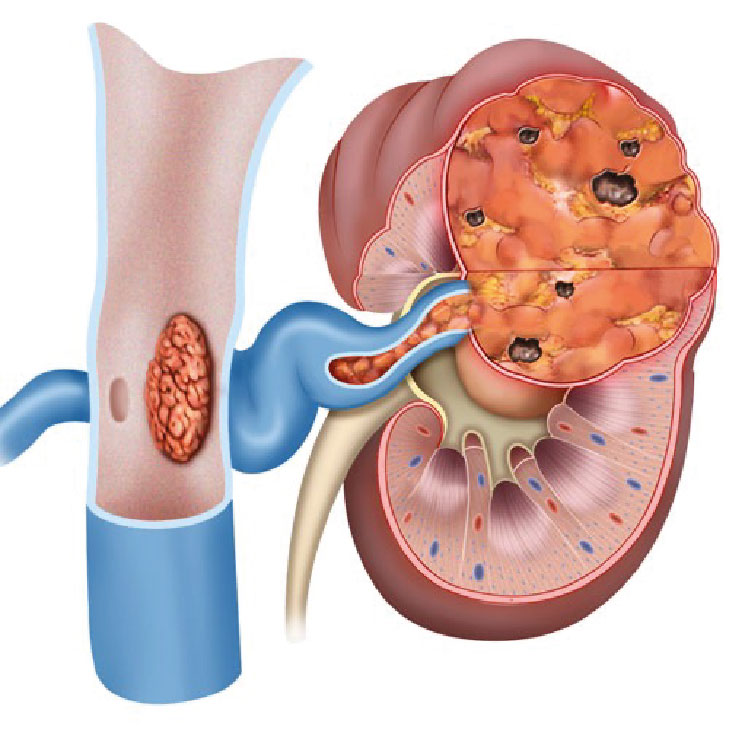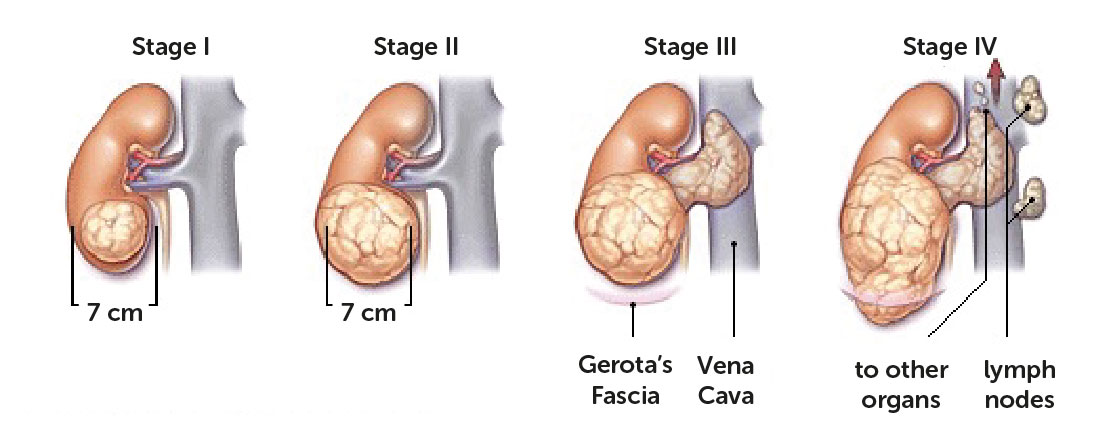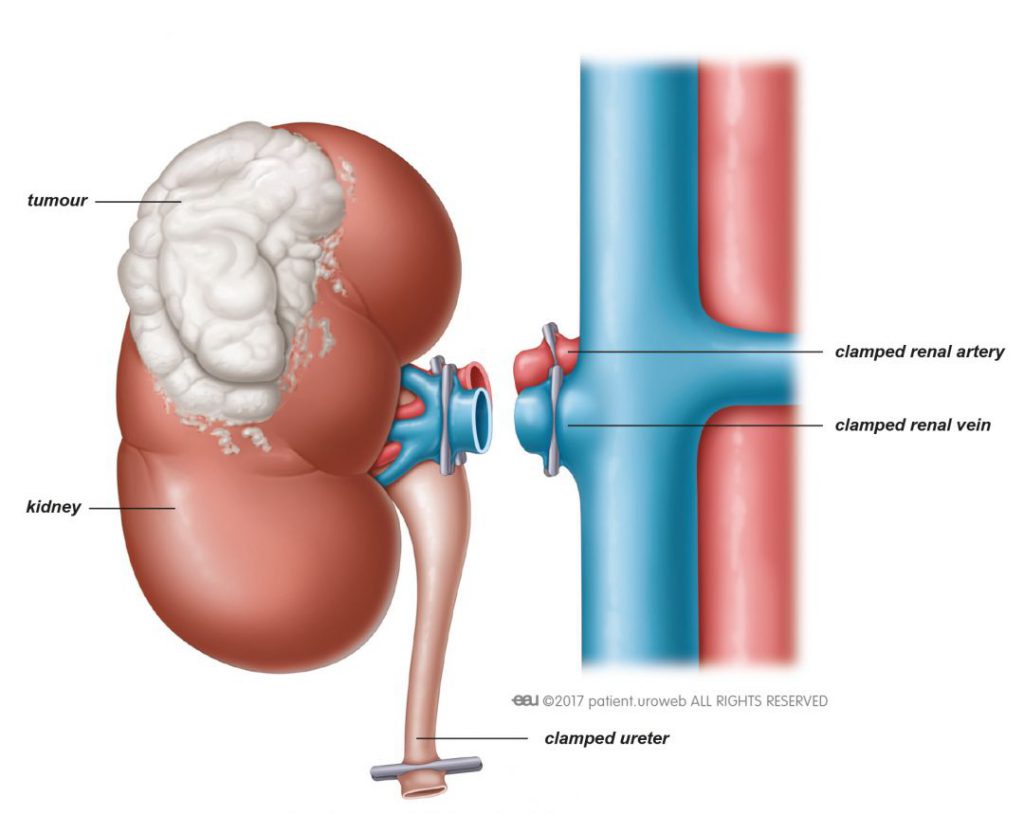Our kidneys are crucial organs in our bodies and are responsible for the excretion of urine from our bodies. It is strongly recommended to consult your doctor immediately if you have experienced any symptoms of kidney problems. These symptoms can include back pain and blood in your urine. Experiencing these initial symptoms may also result in fever and weight loss due to a reduced appetite.
During a consultation with a urologist, a review of the patient's medical history and a clinical examination will be carried out. If mild pallor and abdominal distension are observed, a blood test could be conducted to determine kidney function. Additionally, a urologist may request an ultrasound to detect the presence of any renal masses or kidney tumours. Some kidney tumours are not cancerous (benign), and some are cancerous (malignant)
Depending on the conditions, there are several methods a urologist can use to address a kidney tumour. The surgical method consists of the following:
- Nephron-sparing Surgery
- Radical Nephrectomy
- Tumour is larger than 5cm
- Near main kidney vessels
Open or Laparoscopic Surgery?
Kidney surgery can be performed laparoscopically or through open surgery. However, for older patients or patients with tumours larger than 2 cm, open surgery would most likely be recommended. The reason for this is that the surgeon would need time to clamp the vessels and cool the kidney. From here, an estimated 45 minutes are required to remove the tumour to ensure healthy nephron function. This process is known as cold ischemia.
When a tumour is larger than 5 cm, the entire kidney is typically removed. Radical nephrectomy is the medical term for this. Open surgery or laparoscopic surgery can be used for radical surgery. Early mobilisation and a quicker recovery time are benefits of laparoscopic surgery. Although the incision smaller and less painful, laparoscopic surgery is more expensive than open surgery.
There are certain indications where open surgery is needed compared to laparoscopic surgery. The indications are:
- A tumour with renal vein thrombosis.
- Tumours with IVC thrombosis.
- Tumours with infiltration with the surrounding organs.
- Tumours with increased neovascularization.
Robotic surgery, a novel treatment option that is comparable to laparoscopy, is currently increasing in popularity. Although the price is higher, the results are comparable to laparoscopic surgery.
Additionally, there are further ways to treat renal tumours that cannot be surgically removed, such as active surveillance, in which we keep an eye on the patient, and cryoablation treatments for tumours that cannot be surgically removed.
Frequently Asked Questions
-
What should I do if I have blood in my urine?
Please see a urologist and get an ultrasound done.
-
If my ultrasound shows a kidney mass, what should I do?
It is recommended to get a four-phase CT scan done.
-
Is there a medical treatment for a kidney mass?
Unfortunately, only surgical treatment is available.
-
Is a biopsy of a kidney mass necessary?
Yes, it is a good practice to do a biopsy before surgery.
-
What are the types of surgery for kidney mass?
There are two types, open surgery or laparoscopic surgery.
-
Can kidney-sparing surgery be used?
Yes, kidney surgery can be done for masses less than 4cm. Open surgery or laparoscopic surgery can be used.
-
Can a kidney mass spread to other organs?
Yes, it can spread to the liver, lungs, and bones.
-
Can chemotherapy be an option?
Yes, there are oral treatments that can be given for an advance disease.
-
What is the prognosis of a kidney mass?
If the kidney mass is detected early and less than 4cm, the survival is more than 90%. If the tumour has spread to other organs, the survival is less than 20%.
-
Will I need dialysis once my kidney has been removed?
Before surgery, the kidney is checked. If the kidney is normal, most likely the patient does not need dialysis.

Written by
Dr Thana Balan
Resident Consultant Urologist
Gleneagles Hospital Kuala Lumpur
This article was posted in GlobalHealth Asia-Pacific’s Special Edition Magazine














